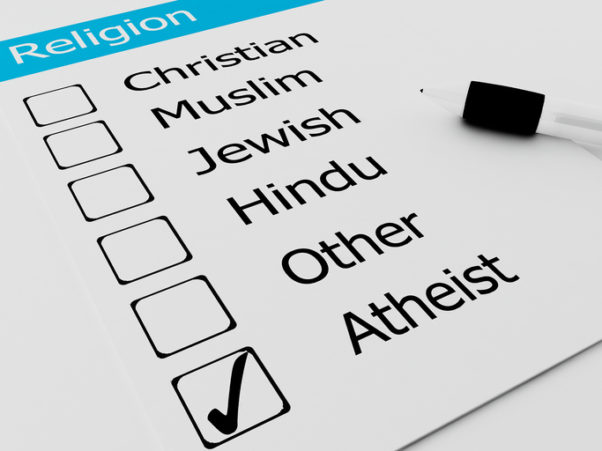
A recent study by two pro-choice academics provides interesting insights into the GPs who offer abortion services in Ireland. Those GPs, while fully in favour of abortion, nonetheless have reservations about some of what they are seeing, and in particular about women who have had multiple abortions in a relatively short time.
The research, published by two members of the Law School at University College Cork (UCC), is based on interviews with 15 doctors, most of whom are part of START (Southern Task-force on Abortion and Reproductive Topics), a network of pro-choice healthcare professionals.
According to the study, a key motivation for participating in providing abortions is “respect for human rights, women’s rights, and equality.” ‘Dr H’ (all names are anonymised) stated: “I’m a very great believer in bodily autonomy and the rights of the individual.”
Some of these doctors were politically active in campaigns to repeal the Eighth Amendment. However, the anonymous interviews reveal that even among strong pro-choice advocates, there are reservations about aspects of the work they are doing.
‘Dr P’ told the researchers: “I think it’s important to acknowledge that we’ve made a decision that a woman should be able to have an abortion if she wants one and, big deal, you shouldn’t have to justify it or beg for one. But at the same time, like I remember, I had one girl, a student, and she had three abortions in 18 months. And I remember thinking, you know, that’s not what I voted yes for.”
It should be noted that the study is written from a distinctly pro-choice perspective. It was partially funded by the Irish Family Planning Association, and one of its authors is a member of the Abortion Working Group of the National Women’s Council of Ireland. Only selected responses from the interviews are published, and we do not have access to the complete data, yet these selected quotes reveal some hesitations.
Another doctor, referred to as ‘Dr O’R’, remarked: “You know, I have had five who’ve had three [abortions]. Four or five women for three. And when we’re talking in our group, we get quite paternalistic saying, ‘Jesus, throw the Implanon [a long-term form of contraception] into her.’ And when we had BPAS over, they were saying, ‘How dare you be so judgemental? She can have a termination every month if she wants.’ Still, you know, the medic part of me goes, ‘God—surely that’s tough on her,’ you know, but yeah—how do you reconcile that?”
Unlike other countries, Ireland collects almost no data on women undergoing terminations, so it is unclear how many have had more than one abortion but this study confirms that this is not uncommon here.
The interviews also reveal tensions within GP practices between those who provide abortion services and those who do not. “Yeah, I’m probably known as the baby killer, but no, all nicely. Some of my very best friends and colleagues absolutely refuse to do this. They will remain my best friends. You know, I don’t do toenails. I send them up to my colleague. He sends me, you know… so we, you know, I think we’re all over it,” said ‘Dr O’R’.
Some participants in the study admitted they do not discuss their involvement in providing abortion services with family members or acquaintances. ‘Dr B’ stated: “I would say there’s very few people who would talk openly about the fact that they provide that service in a social setting because they just don’t know who’s there and what their view is going to be. And that’s actually a stigma, like, that is actually, you know, a stigma that you’re carrying.”
The report by Marie O’Shea on abortion services in Ireland estimates that around 90pc of Irish GPs do not participate in offering these services. This new study suggests that even those who are involved may struggle to reconcile their ideological commitment with the realities they face in practice.
